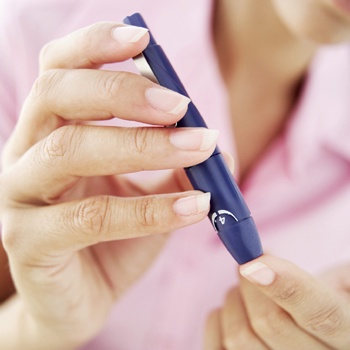New volunteers are needed to test a theory that a staple of the Scottish diet could hold the key to diabetes control.
Researchers from the University of Aberdeen's Rowett Research Institute, in collaboration with the Department of Diabetes, Aberdeen Royal Infirmary and UHI (the prospective University of Highlands and Islands), need volunteers for a study which will look at how eating oats affects blood sugar levels.
They will investigate whether an oat-rich diet can improve blood sugar control following a meal – which could cut the risks of some of the complications of diabetes such as heart attacks and strokes.
The team has already conducted research in the area and initial data from their study, funded by the Chief Scientist's Office, suggests that there may be lower levels of inflammation present in the blood following a meal rich in oats compared to a meal comprising refined carbohydrates.
In 2008, they joined forces with Aberdeenshire-based independent food ingredients manufacturer, Macphie of Glenbervie, and JG Ross Bakers of Inverurie, to develop a new type of oat-rich bread.
It contained high levels of top quality, locally milled oats and provided a simple and easy way for those taking part in the study to up their intake of the Scottish favourite.
Researchers are now seeking seven more volunteers from the Aberdeen area to complete their work.
They would like to hear from anyone with Type 2 diabetes, who is not taking tablets or insulin to control blood sugar, or aspirin or satins to control cholesterol.
Dr Susan McGeoch, of the Rowett Research Institute, said "Previous studies have shown that people with Type 2 diabetes have elevated levels of inflammation in the body following certain meals and it is thought that this rise in inflammation can lead to an increased risk in some of the complications of diabetes such as heart attacks and strokes.
"We aim to find out whether an oat rich diet can lead to improvement in the levels of inflammation.
"If this is the case, our work could help to cut the risk of heart attacks and strokes in those with the condition."
Anyone interested in taking part in the study should contact Sylvia Hay, Human Nutrition Unit Manager at the Rowett research Institute, on 01224 716607 or e-mail Sylvia.Hay@abdn.ac.uk
ENDS


